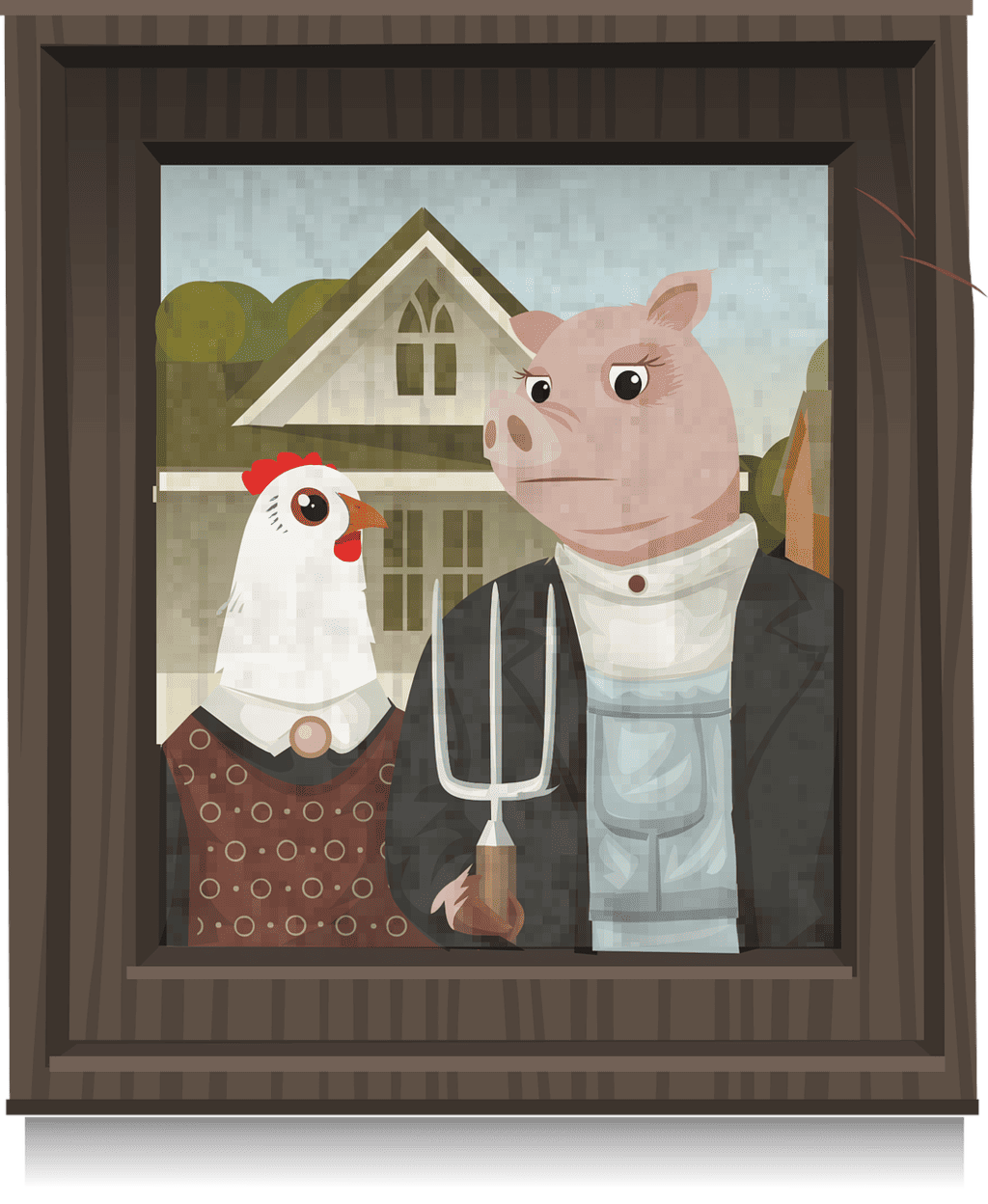David Moane is retired, in his sixties, and has lived in Dublin most of my life. He’s an avid consumer of Irish and British media and writes in a purely personal capacity about how the Republic has changed in his lifetime.
I remember our accession to the EEC in 1973, the long terrible saga of the Northern Ireland (NI) conflict, the turbulent 1980s, the Celtic tiger years (c1995 to 2010), the Crash years (2010-15) and since then the remarkable recovery. An eventful 50 years. But nothing in that period compares to the scale of what is happening today in Ireland (RoI).
The background narrative is straightforward. In joining the EEC in 1973, RoI made a strategic long-term decision to commit to Europe. It controversially broke with sterling in 1979 and then joined the eurozone in 1999. Both were crucial in signalling to FDI the commitment to the emerging EU Single Market, which really got underway in practical economic terms in the mid-1990s. The Celtic tiger was the offshoot in RoI. But dramatically and unexpectedly, once RoI recovered from the Great Crash of 2010, FDI, working away in the background, started to suck in great numbers of immigrants to feed its growing, spectacular, footprint in RoI.
The result is the extraordinary demographic profile RoI now has. It’s been building for some time but Census 2022 showed exactly how. In 1995, the percentage of foreign-born migrants in RoI stood at 5% of the population, well below the Western European average of 10%. Today, that figure is 20%, well above the European average of 15%. I have disseminated the data on Slugger previously. Here it is again.
Some 12% of migrants are citizens.They comprise 20% of the overall population and 25% of the workforce. The CSO quarterly labour-force survey gives the best indicator of ongoing trends. In Q3 of this year (July to September), of the 100,000 new jobs created year-on-year to the end of August, just over 50% went to migrants. Some 90% of overall immigration is employment-related, with a subset related to education and employment.
Only 10% of inward migration relates to refugees and asylum seekers (the European norm), including 90,000 Ukrainian refugees. This is where difficulties arise with local communities because the Government has an obligation under international law to house them. By and large, they are not part of the labour force.
RoI is now an outlier in terms of the scale of immigration. It is unique in having 1in 4 in employment, while in terms of the 20% of the overall population it is matched only by Sweden and Germany of all countries in Western Europe and North America. However, the key point is that no public representatives at national Legisaluture level advocate restrictions on immigration. Given what is happening across Western Europe and North America, that is remarkable.
The reason is straightforward. Ireland has bought into the FDI-EU pact, which is creating employment well beyond the capacity of the indigenous Irish to absorb. Especially when as always, many young Irish emigrate to get off the island and gain experience. They are replaced by migrants who are less fussy about housing. When the Irish return as they do in large numbers, often with a non-Irish spouse, they move up the employment chain where high-end accommodation is well catered for.
This unique demography means Ireland is now leading the transformation of Western Europe and North America to 50:50 continents in terms of indigenous-migrant mix and it is doing so by a couple of decades if current trends continue. Furthermore, the political factors stalling that trend are much greater outside the RoI. Meaning RoI could be an outlier for decades ahead.
That could be crucial in terms of NI and the holding of a Border poll. By the time such a poll is likely to be held and to succeed, say in a generation, RoI may be minority white indigenous Irish (a term I only use for comparative demographic purposes) and will be on a radically different trajectory. I strongly favour unity, but even I must now concede were that to happen, RoI would likely veto a poll in NI in favour.
This is a guest slot to give a platform for new writers either as a one off, or a prelude to becoming part of the regular Slugger team.
